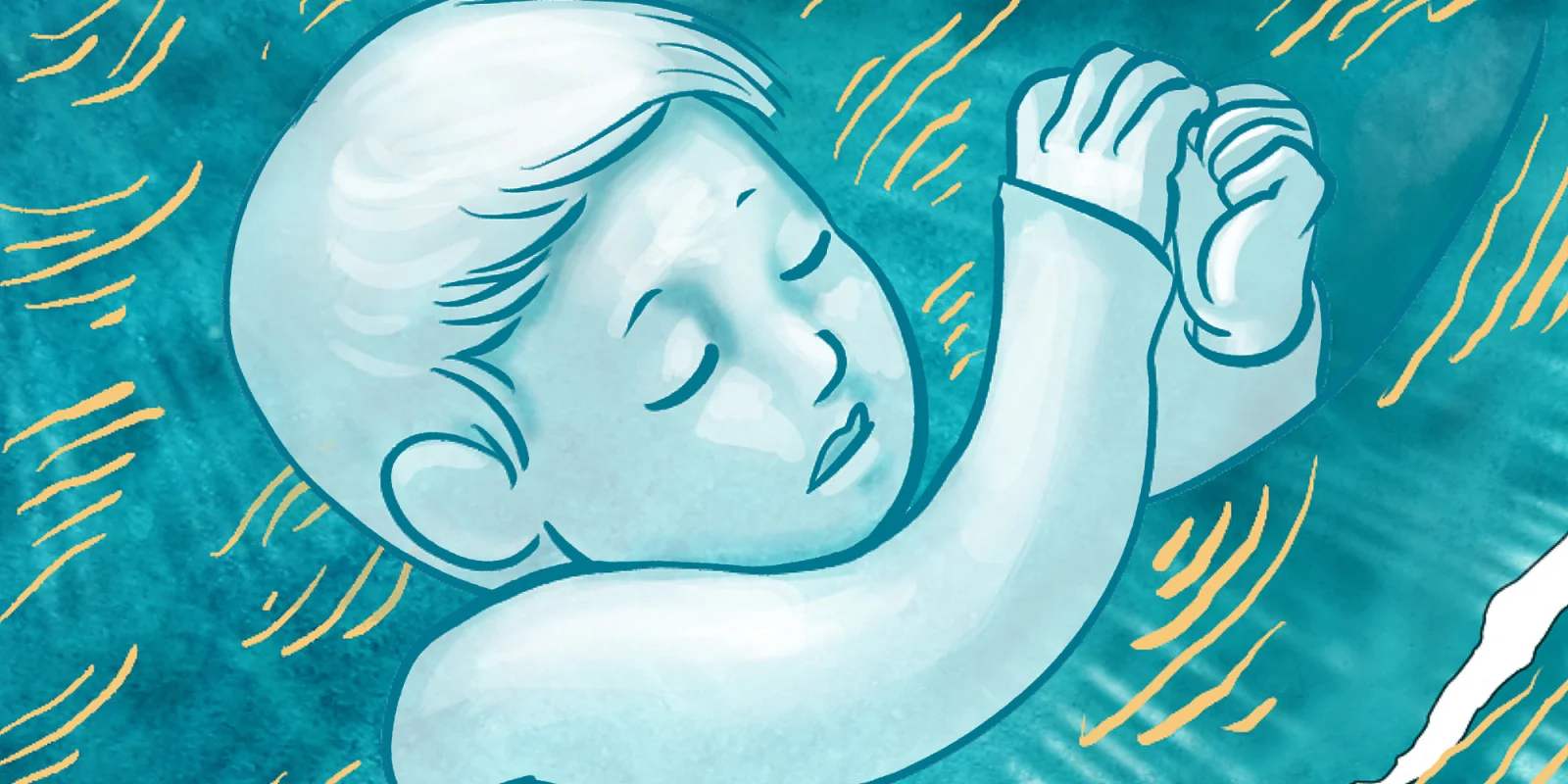
The international AASM Sleep meeting has just ended as I write this returning from San Antonio. This is one of my favorite meetings given the quality of the presentations and the posters, as well as the collegial atmosphere. I’ve been coming here since 2007 and have been fortunate to become friends with colleagues from around the country.
At this meeting, I attended a mixture of review sessions and presentations on new research. I have a lot of information to process from the trip; here are a few highlights.
Evaluating Sleep Problems in Children and Adults with Autism
Beth Malow, a professor at Vanderbilt, as well as the mother of a child with autism, has conducted multiple studies on the relationship between sleep difficulties and autism. Autism is a neurodevelopmental disorder associated with difficulties in communication as well as behavioral challenges. Autism has become more and more prevalent, with one in 59 children diagnosed.
There are three domains to consider when evaluating sleep in children with autism:
1. Medical issues such as sleep apnea, attention deficit hyperactivity disorder, restless leg syndrome, seizures, GI problems, anxiety and depression are all common in this group and need to be assessed for.
2. Biological problems are associated with autism itself. For example, hyperarousal, including during sleep, is common. Although children with autism secrete melatonin similar to neurotypical children, they may process melatonin differently. Certain circadian genes may also function differently in this disorder.
3. Behavioral challenges often worsen these sleep difficulties. This includes caffeine intake, video game/screen use, sleep onset associations, limited exercise, communication problems, and sensory issues.
Sleep Problems Impact Both Children and Family Members
Both sleep onset and maintenance insomnia are common in these children. As you can imagine, short and fragmented sleep results in significant worsening of the behavioral and communication issues that characterize in autism and makes it harder for children to participate in the therapy they need for success.
Chronic sleep deprivation also occurs in parents, making it harder for them to cope with their children’s challenges. I see many children with autism in my practice, and often no one has slept well in their households for years.
Medication Is Helpful but Behavioral Treatments Are Mainstay
As clinicians, we do these children a disservice if we do not start with behavioral interventions. As a first step, pay careful attention to the child’s bedtime. Is it at an age appropriate time? Are screens in play? They should be avoided for 30-60 minutes before bedtime. A bedtime chart can be useful.
Just as in children without neurobehavioral challenges, medications should be used as a supplement to appropriate behavioral planning. Melatonin is by far the best studied treatment in autism, with multiple studies demonstrating effectiveness with sleep onset and extension of sleep time. More recently, several trials of a long acting melatonin preparation have shown promise addressing nocturnal awakenings; unfortunately, this preparation is not yet available in the United States.
Other medications, such as gabapentin, clonidine, and other treatments, have either not been studied, or have been studied on very small numbers of children.
What’s Next for Autism and Sleep Research
Dr. Malow points out that we need to think of new ways to help overwhelmed parents and motivate children to improve sleep habits. More pragmatic trials of common medications will help physicians in understanding which agents may be most helpful. Finally, future directions may include genetic or biomarker studies to help us design and assess our treatment plans.
References
1. Cuomo, B.M., Vaz, S., Lee, E.A.L., Thompson, C., Rogerson, J.M., Falkmer, T., 2017. Effectiveness of Sleep-Based Interventions for Children with Autism Spectrum Disorder: A Meta-Synthesis. Pharmacotherapy: The Journal of Human Pharmacology and Drug Therapy 37, 555–578. https://doi.org/10.1002/phar.1920
2. Katz, T., Shui, A.M., Johnson, C.R., Richdale, A.L., Reynolds, A.M., Scahill, L., Malow, B.A., 2018. Modification of the Children’s Sleep Habits Questionnaire for Children with Autism Spectrum Disorder. J Autism Dev Disord 48, 2629–2641. https://doi.org/10.1007/s10803-018-3520-2
3. Malow, B.A., Adkins, K.W., Reynolds, A., Weiss, S.K., Loh, A., Fawkes, D., Katz, T., Goldman, S.E., Madduri, N., Hundley, R., Clemons, T., 2014. Parent-Based Sleep Education for Children with Autism Spectrum Disorders. J Autism Dev Disord 44. https://doi.org/10.1007/s10803-013-1866-z
Dr. Craig Canapari blogs at DrCraigCanapari.com. He is the director of the Pediatric Sleep Center at Yale New Haven Hospital and an Assistant Professor at Yale University.







